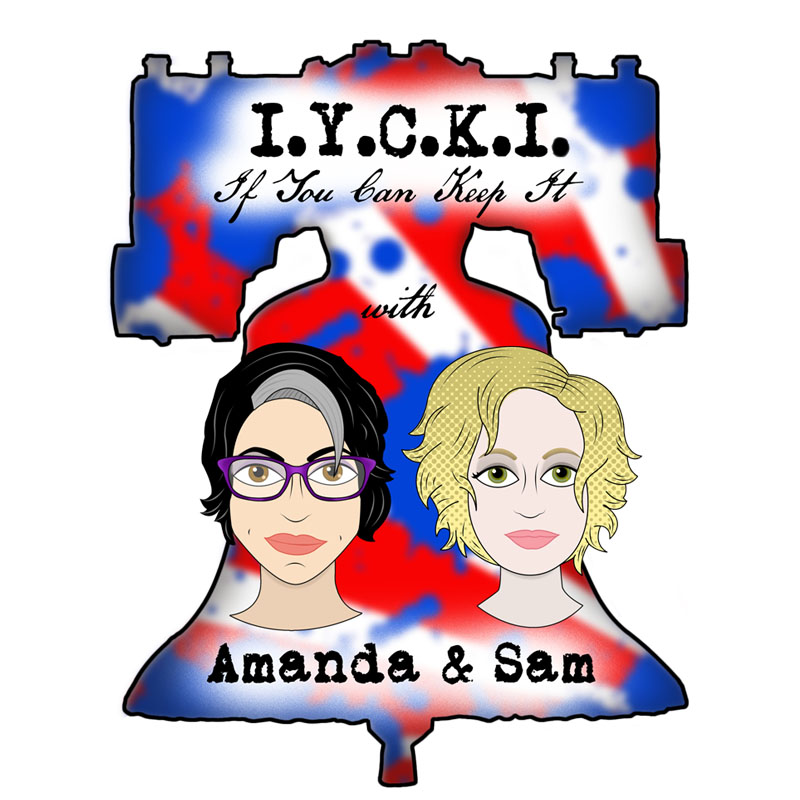(Episode 38) A Flower of Bad Ideas: The 18th and 21st Amendments
Grab your favorite adult beverage and settle in for a discussion of "a great social experiment" - AKA, the "noble experiment": the Prohibition of intoxicating liquor (in the Eighteenth Amendment)...and it's later wholesale repeal (in the Twenty-First Amendment).
The Eighteenth Amendment prohibited the "manufacture, sale, or transportation" of intoxicating liquors (which Congress later defined as anything with an alcohol content higher than 0.05 percent), but it didn't actually prohibit drinking it, possessing it, or making it for your own consumption. Why would anyone want to do this? Actually, a whole host of different groups with different agendas seemed to overlap just enough that they all favored prohibition for different reasons. While some groups had questionable motives, that doesn't mean that the greater goals of improving health, ensuring responsibility, and addressing other social issues wasn't still a good thing.
The political and social climate made the Eighteenth Amendment a near no-brainer at the time. The Amendment passed very quickly - both through Congress and when ratified by the states.
Although it accomplished some of what it set out to, Prohibition brought with it a host of other issues, including organized crime, the unwillingness of law enforcement to - you know - enforce it, and dangerous health issues from people creating their own home brews. By the 1930s, Prohibition lost popular support, and its repeal became inevitable.
Additional sources:
-An interview with author and Prohibition guru Daniel Okrent about the history of Prohibition and its repeal
-More information on some famous forces in politics during Prohibition, including the Anti-Saloon League (which has a Museum) and the National Women's Christian Temperance Union
-Unrelated to Prohibition, we talked briefly about "chalking" and the 4th Amendment. Here's an article describing the 6th Circuit opinion.
The Eighteenth Amendment prohibited the "manufacture, sale, or transportation" of intoxicating liquors (which Congress later defined as anything with an alcohol content higher than 0.05 percent), but it didn't actually prohibit drinking it, possessing it, or making it for your own consumption. Why would anyone want to do this? Actually, a whole host of different groups with different agendas seemed to overlap just enough that they all favored prohibition for different reasons. While some groups had questionable motives, that doesn't mean that the greater goals of improving health, ensuring responsibility, and addressing other social issues wasn't still a good thing.
The political and social climate made the Eighteenth Amendment a near no-brainer at the time. The Amendment passed very quickly - both through Congress and when ratified by the states.
Although it accomplished some of what it set out to, Prohibition brought with it a host of other issues, including organized crime, the unwillingness of law enforcement to - you know - enforce it, and dangerous health issues from people creating their own home brews. By the 1930s, Prohibition lost popular support, and its repeal became inevitable.
Additional sources:
-An interview with author and Prohibition guru Daniel Okrent about the history of Prohibition and its repeal
-More information on some famous forces in politics during Prohibition, including the Anti-Saloon League (which has a Museum) and the National Women's Christian Temperance Union
-Unrelated to Prohibition, we talked briefly about "chalking" and the 4th Amendment. Here's an article describing the 6th Circuit opinion.

Comments
Post a Comment